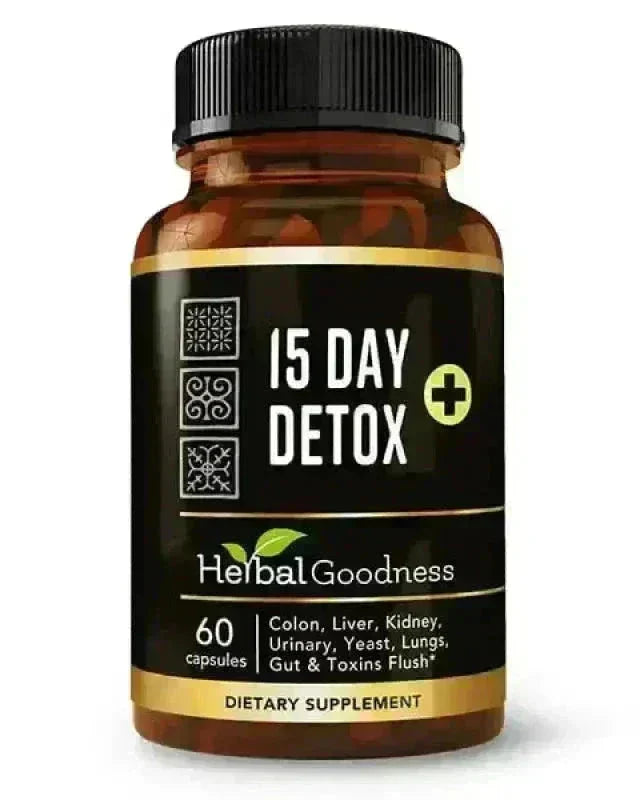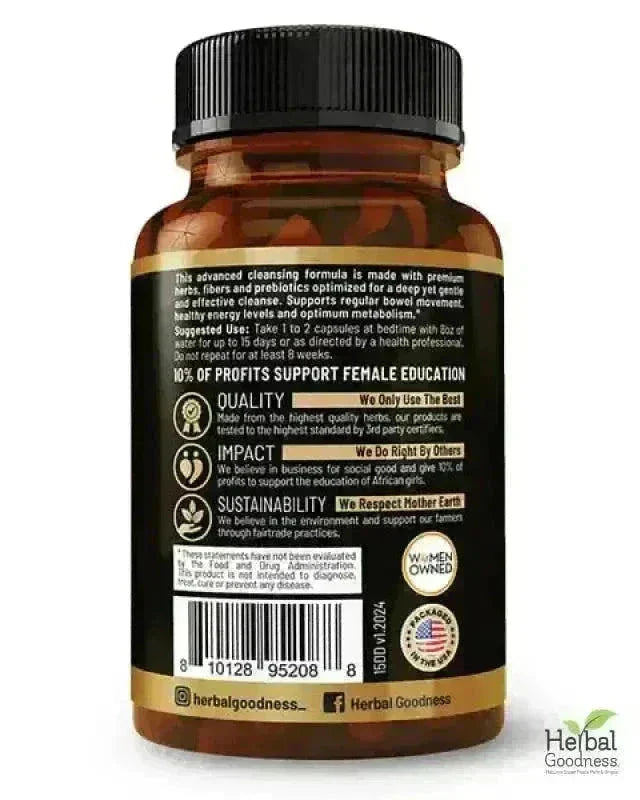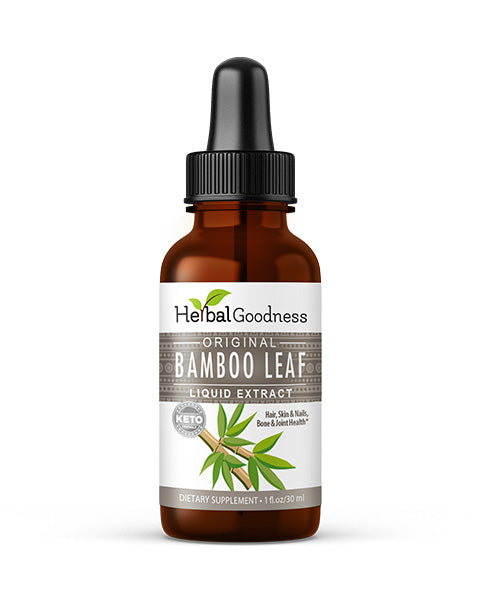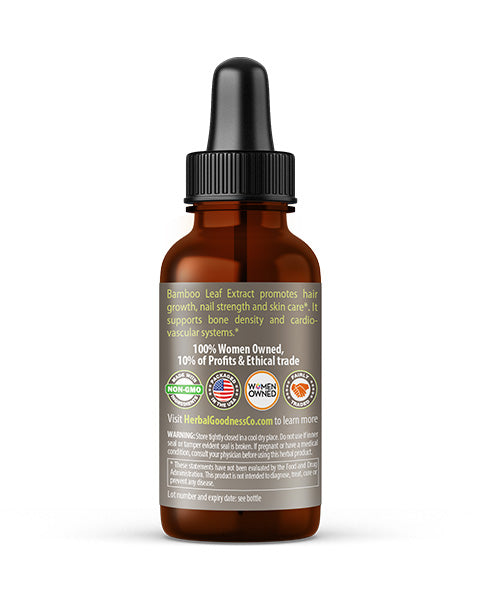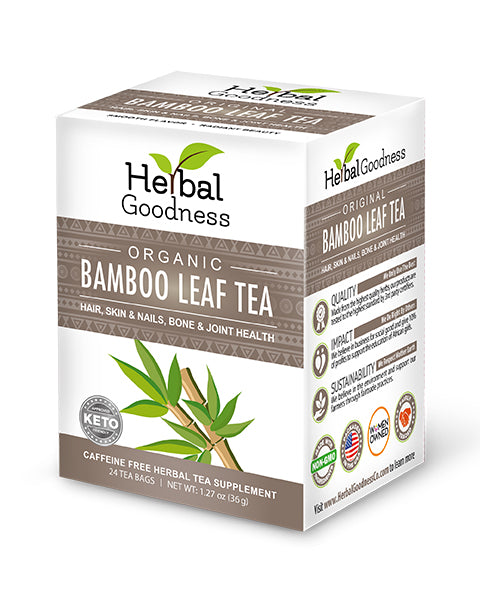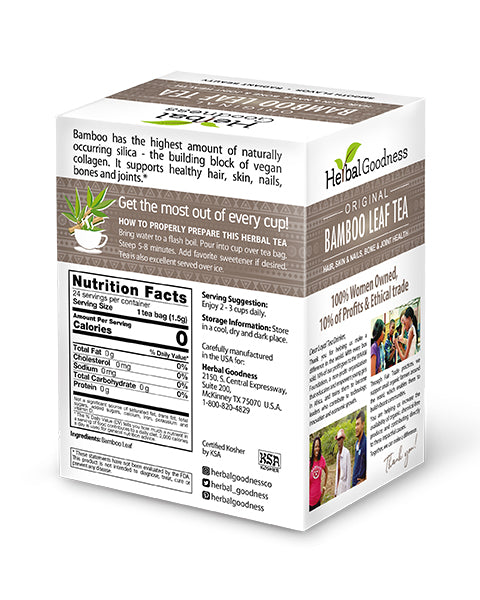Top 6 Health Benefits of Vitamin B12 | Herbal Goodness
When you start feeling sluggish, rundown, or having difficulty remembering things, your body might be sending out warning signals about a vitamin deficiency.* A vitamin B12 deficiency can cause feelings of tiredness, low energy, and even mental lags.
Origin of Vitamin B12
The origins of vitamin B12, also called cobalamin, may be unknown. However, the discovery of vitamin B12 dates back a century. The National Center for Biotechnology Information shares that, "The discovery of vitamin B(12), the elucidation of its role in metabolism, and the effects and treatment of its deficiency occurred in distinct phases over more than 100 years, and it was the subject of two separate Nobel Prizes”.¹ Because vitamin B12 is derived from animal products or by taking the vitamin orally, since its origin and early history, it has been a critical vitamin that generally came from outside the body. In other words, to get enough vitamin B12, you have to eat a diet that has the vitamin in it. Bacteria that produce vitamin B12 in the human body exist in the large intestine. However, the vitamin needs to be absorbed in the small intestine. This may have occurred when humans went from a mostly plant to a meat diet thousands of years ago. It may have been during this dietary change that the human body started to absorb vitamin B12 in the small intestine instead of the large intestine.
What is Vitamin B12 and What Does It Do?
Vitamin B-12 is a water-soluble vitamin, like all other B-vitamins. This means it can dissolve in water and travel through the bloodstream. Any excess or unwanted vitamin B-12 is excreted in the urine. Vitamin B-12 is the largest and most structurally complicated vitamin. It occurs naturally in meat products and can only be industrially produced through bacterial fermentation synthesis.² Vitamin B12 is required for the proper function and development of the brain, nerves, blood cells, and many other parts of the body. The body absorbs vitamin B12 from food in a two-step process. First, hydrochloric acid in the stomach separates vitamin B12 from the protein that it’s attached to. Second, the freed vitamin B12 then combines with a protein made by the stomach, called intrinsic factor, and the body absorbs them together. Vitamin B12 in dietary supplements isn’t attached to protein and doesn’t require the first step. However, B12 in supplements does need to combine with the intrinsic factor to be absorbed.
Related: 5 Beauty Tips for Looking Younger this Summer
Are You Getting Enough Vitamin B12?
A lot of people get adequate Vitamin B12 from the meals they consume. However, some people have difficulty absorbing Vitamin B12 from their diets. Most people in the United States get enough vitamin B12 from the foods they eat. But some people have trouble getting or absorbing vitamin B12 from food. These classes of people include elderly people, individuals who have had stomach procedures, individuals with the inability to produce the intrinsic factor needed for vitaminB12 absorption, vegetarians, and vegans.
Foods containing vitamin B12 include: clams, sardines, tuna, animal lovers and kidneys, beef, fortified cereal, fortified non-dairy milk, fortified nutritional yeast, milk and dairy products, poultry products, etc.³
Health Benefits of Taking VitaminB12
- Supports Heart health: VitaminB12 reduces homocysteine levels in the blood. This amino acid is connected with a decrease in heart health. Researchers have found that people who have modestly elevated homocysteine levels have higher chances of developing heart complications.
- Supports Healthy Cognitive Abilities: VitaminB12 can help with brain and nervous system function, memory, and mood. A drop in assimilation levels, brain lags, and mood may be linked to low vitamin B12 levels. Vitamin B12 deficiency leads to poor memory.
- Blood support: Vitamin B12 plays an important role in helping the body produce healthy red blood cells. When the body is deficient in or has low levels of vitamin B12, this can cause red blood cells to develop improperly. Resulting in the red blood cells becoming larger and irregular in shape. This, in turn, prevents them from moving from the bone marrow to the bloodstream.
- Boosts Metabolic Activities: Vitamin B12 acts as an enzyme cofactor, which means it helps boost your body’s energy production, making it faster and more efficient. Vitamin B12 also plays a major role in helping the body convert fats and proteins into energy. It’s easy to see why people who have low levels of vitamin B12 get unduly tired and weak. A lack of Vitamin B12 will prevent you from feeling your best and performing at your highest energy level.
- Supports the Immune System: Low levels or a lack of vitamin B12 could lead to a weakened immune system. Vitamin B12 helps enhance the immune system’s response to disease by fight off germs and other microorganisms. Not only will a lack of B12 make you feel sluggish, but it could also compromise your immune system.⁴
- Boosts Energy: Vitamin B12 plays an important role in your body’s energy production, though they don’t necessarily provide energy themselves. If you’re significantly deficient in vitamin B12, taking a supplement or increasing your intake will boost your energy levels. Since one tell-tale sign of a low level or deficiency of Vitamin B12 are fatigue and tiredness.
Seeing all the benefits of vitaminB12 to our health as well as issues that may arise due to a lack of it. It is important to have a vitamin B12 inclusive diet. For Vegans, Vegetarians, and older folks, vitaminB12 supplements should come in handy in filling up the nutritional gap. A great recommendation is Herbal Goodness' B12 Methyl Extract Liquid. Our vegan B12 liquid supplement is a sublingual fast-acting complex that is absorbed faster than regular capsules into the body. It comes in a convenient 2oz container with a glass dropper and rubber bulb for easy dispensing and can be easily carried in your purse or gym bag for convenient daily use on the go!
Reference
- National Center for Biotechnology Information. John Scott and Anne Molloy. The Discovery of Vitamin B12. Accessed January 16, 2021.
- www.medicalnewstoday.com. Everything you need to know about vitamin B-12. Accessed on November 28, 2017.
- www.healthline.com. Top 12 Foods That Are High in Vitamin B12. Accessed on February 24, 2020.
- www.ivrstx.com.Top Five Health Benefits of Vitamin B12. Accessed on June 8, 2017.




